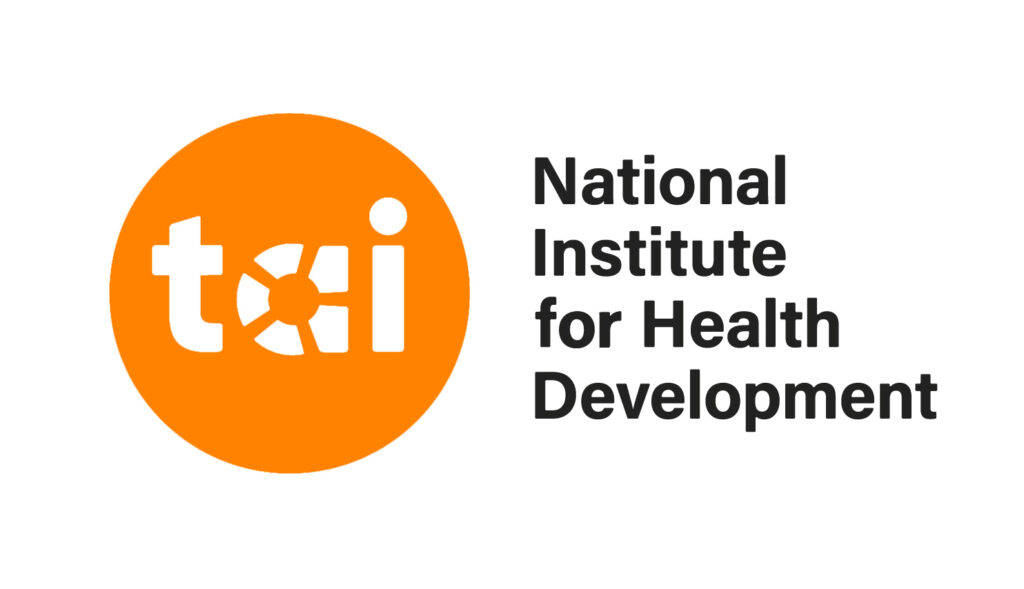EstWell researchers Kelli Lehto and Triin Lauri awarded prestigious European Research Council grants
Researchers at the Estonian Centre of Excellence in Well-Being Science (EstWell), Kelli Lehto and Triin Lauri, have been awarded Starting Grants from the European Research Council (ERC) – among the most prestigious research funding schemes worldwide. Both projects will run for five years with a budget of €1.5 million. Remarkably, all ERC grants awarded to Estonia in this round went to researchers affiliated with EstWell.
Kelli Lehto – advancing accurate diagnosis of adult ADHD
Kelli Lehto, Associate Professor of Neuropsychiatric Genomics at the University of Tartu, will integrate genetics, psychology, and data science in her ERC project to investigate the underlying causes of Attention-Deficit/Hyperactivity Disorder (ADHD) in adults and to develop more accurate diagnostic tools.
- ADHD is a neurodevelopmental disorder that typically begins in childhood, affecting 5–7% of children, with symptoms often persisting into adulthood.
- In recent years, ADHD diagnoses among adults have increased rapidly, including in Estonia.
- Diagnosing adult ADHD is complex, as its symptoms overlap with other mental health issues such as depression or anxiety. At the same time, biobank data show clear links with specific genetic variants.
Lehto’s research team will use data from the Estonian Biobank as well as biobanks in Norway, the Netherlands, Sweden, and the United Kingdom to identify which symptoms are genetically linked to ADHD and which result from environmental or lifestyle factors. The project’s ultimate goal is to develop an innovative, machine learning–based assessment tool that would enable more precise and cost-effective diagnosis of adult ADHD without the need for expensive genetic testing.
“This is the innovative aspect of our project – we hope to identify adults who were not diagnosed with ADHD in childhood but can finally receive the right treatment for a lifelong condition. More broadly, this approach could also improve diagnosis of other mental health disorders that are currently difficult to distinguish,” explains Lehto.
Triin Lauri – how does a “good” school and fair choice emerge?
Triin Lauri, Professor of Public Policy at Tallinn University, will use her ERC grant to study how parents’ experiences of school choice shape perceptions of fairness, policy preferences, and overall well-being.
- Choosing a school place is an emotional and stressful process for parents, influencing their sense of justice and trust in the education system.
- The project focuses on Estonia, Sweden, and Poland, combining survey experiments, in-depth interviews, and social media analysis.
- Special attention is given to how individual experiences evolve into collective narratives in social media discussions, shaping ideas of what counts as a “good school” and a “fair choice.”
According to Lauri:
“A family’s success or failure in securing a school place influences their sense of fairness in multiple ways. Fairness perceptions are not simply the result of policy, but arise from lived experiences and comparisons with others, and in turn shape people’s policy preferences and attitudes.”
The project aims to achieve three major breakthroughs:
- shifting education policy research from policy design to policy implementation,
- uncovering the mechanisms through which perceptions of fairness are formed,
- improving the understanding of social mobility through parents’ lived experiences.
The ERC grants awarded to Kelli Lehto and Triin Lauri demonstrate the international excellence of EstWell researchers and the centre’s broad disciplinary reach – from biomarkers of mental health to education policy and perceptions of justice. Both projects are inherently interdisciplinary and serve as inspiration for EstWell members to pursue cross-disciplinary breakthroughs. They enrich EstWell’s research portfolio and contribute to strengthening Estonia’s reputation in the global field of well-being science.




